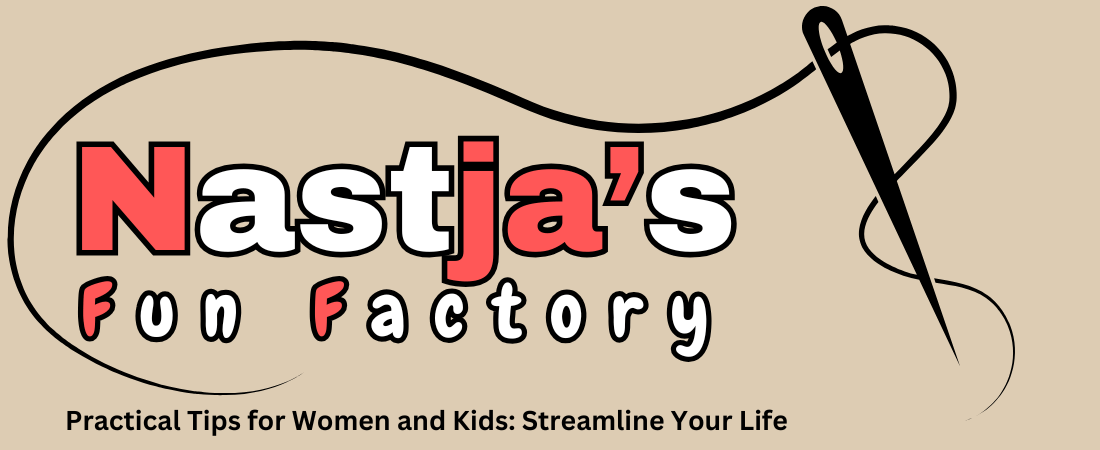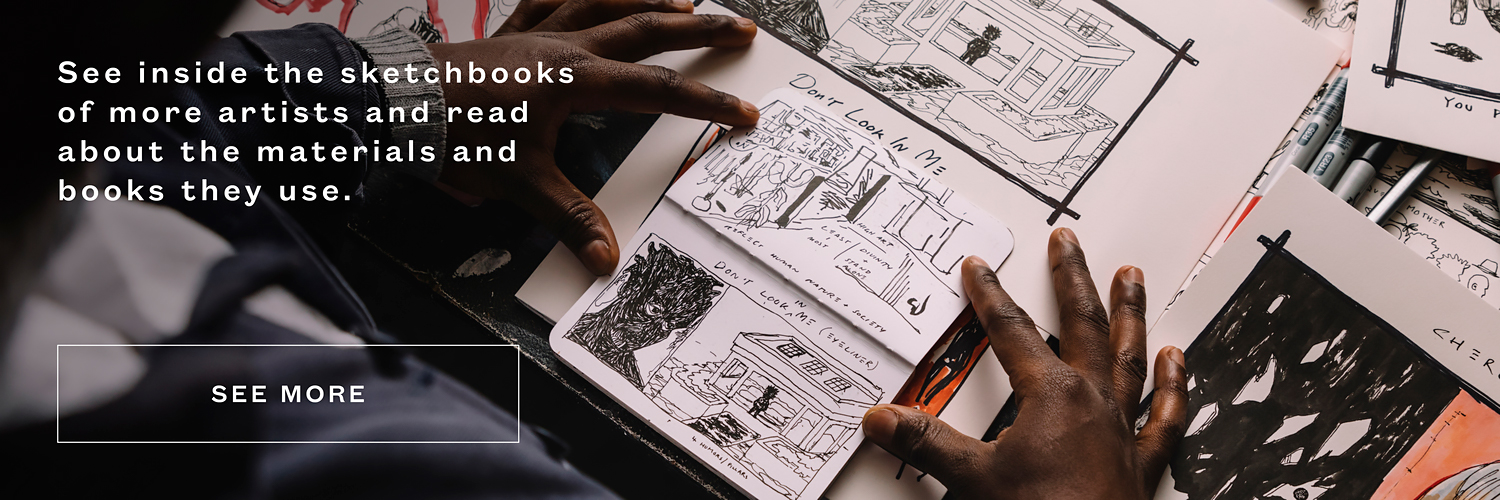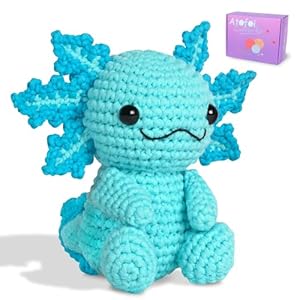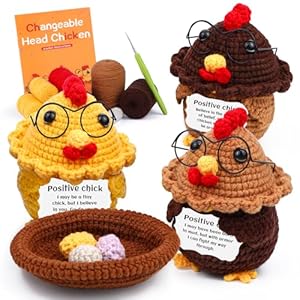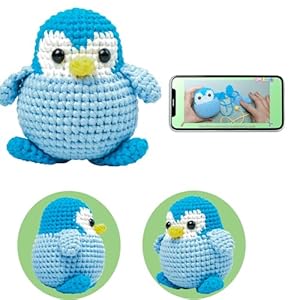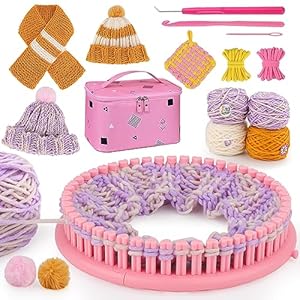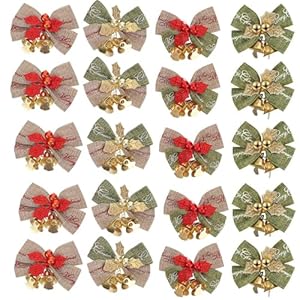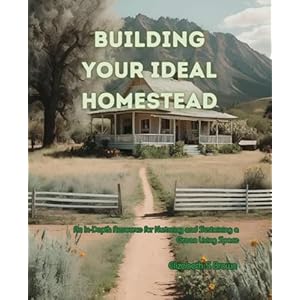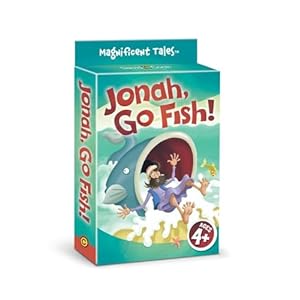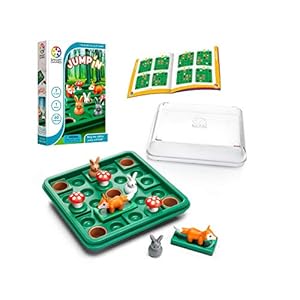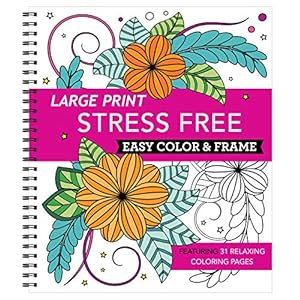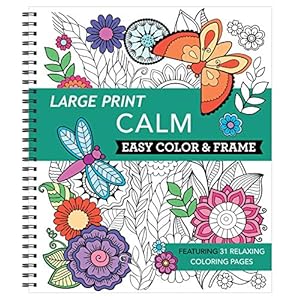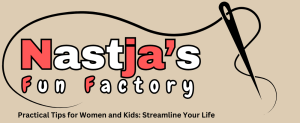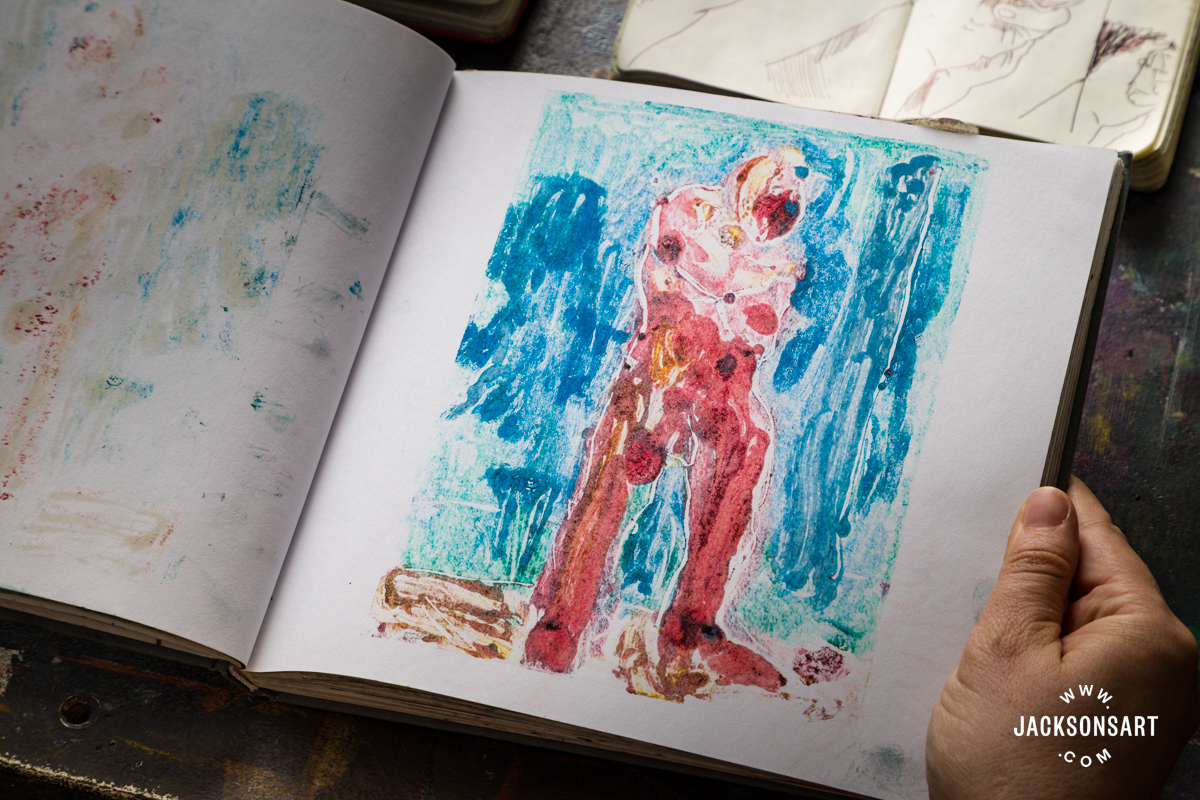
Polish-born, London-based painter Noemi Conan discusses her lifelong impulse to gather inspirational fragments of data, and how she curates these visual mementos within her sketchbook as a way to process her busy mind. Noemi’s sketchbook serves as a creative receptacle for her collection of found materials and snippets of inspiration compiled from films, exhibitions, and long journeys. Through this process of visual journaling, Noemi is able to explore the themes of migration, womanhood, and identity that are central to her work.

Inside the Sketchbook of Noemi Conan
I’m Noemi Conan, a Polish painter based in London for the time being. In my work, I explore the ways visual storytelling can aid me in talking about my conflicted experience of migration, self-image, and womanhood. I paint women, cats and conifers, smoking after dark, and extended hangouts at roadsides.
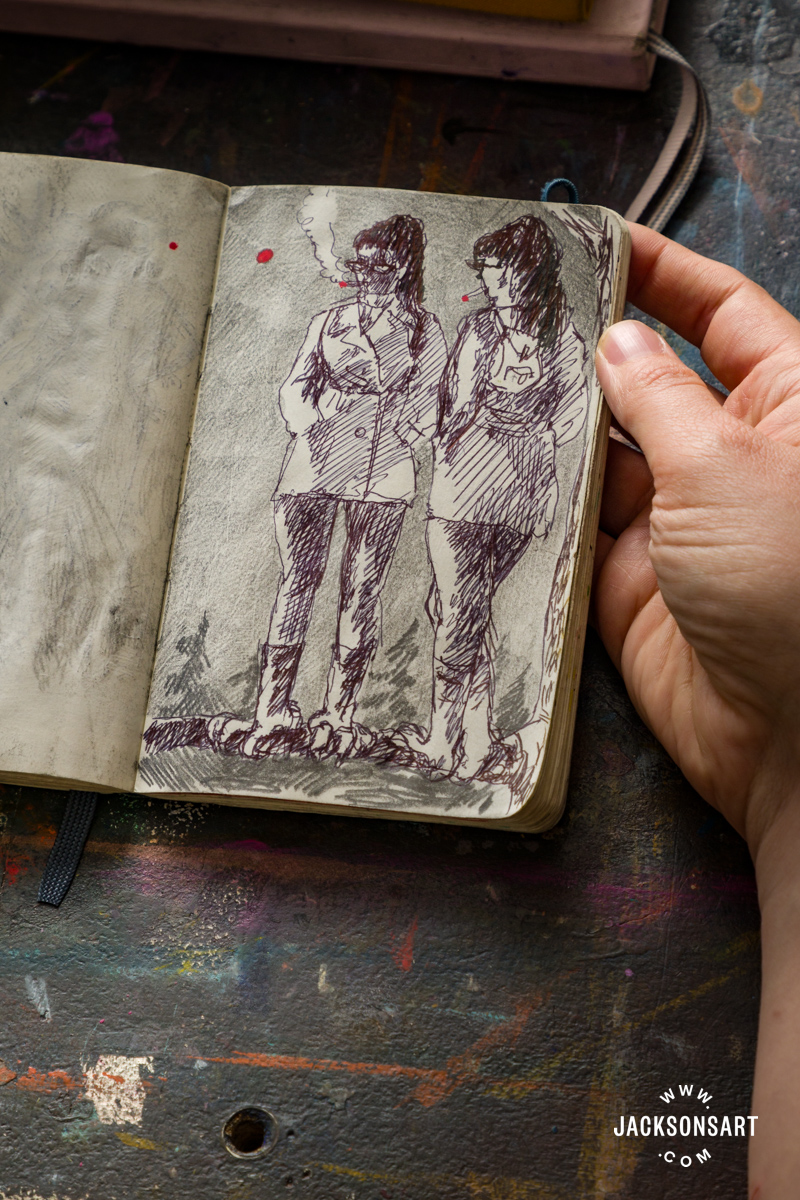
I arrived at what I would call a sketchbook by combining my lifelong obsession with collecting visual data – labels, dried plants, napkins, stickers, a particularly tasty typeface or logo, a ridiculous headline in the daily newspaper – with the written scaffolding I was encouraged to build by tutors at art school. My brain is a messy, overstuffed attic and offloading some of its contents to a portable receptacle has been a good idea. And I haven’t looked back. I would love to claim it’s unfiltered and undiluted, but I do quite a lot of curating on the way between mind and page. Not everything I see makes the cut, but what does is quite a variety of information.
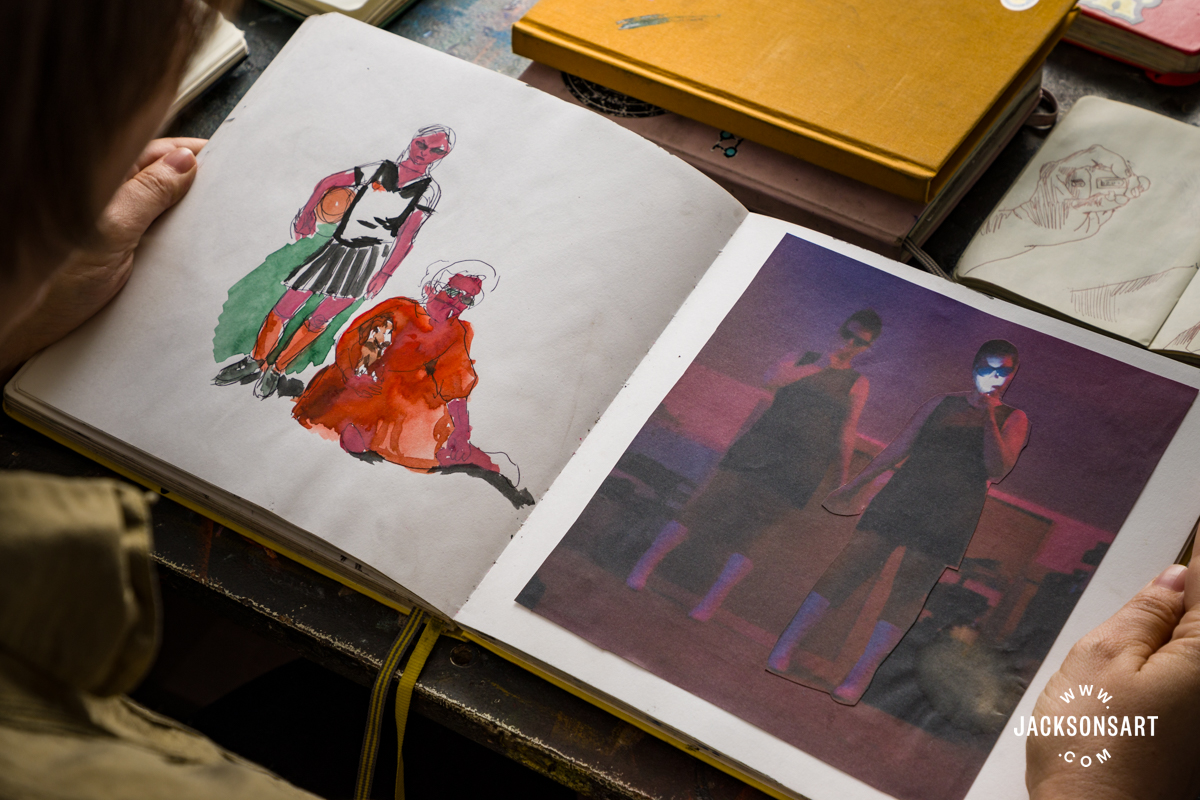
In purely ‘technical-material’ terms, my sketchbooks are usually an A5 blank-page Leuchtturm and an A6 Moleskine. I avoid black covers whenever possible, and I tend to have one of each on the go at the same time. I’m quite slow to fill them, and I like to move on once there’s no more space on the cover for my sticker collection, so there are usually a few blank pages left at each end. I’m also blessed with sketchbooks that have nice, heavy paper – gifts from family and friends. I tend to save these for life drawing classes, since they feel too nice to hold my more mundane musings.
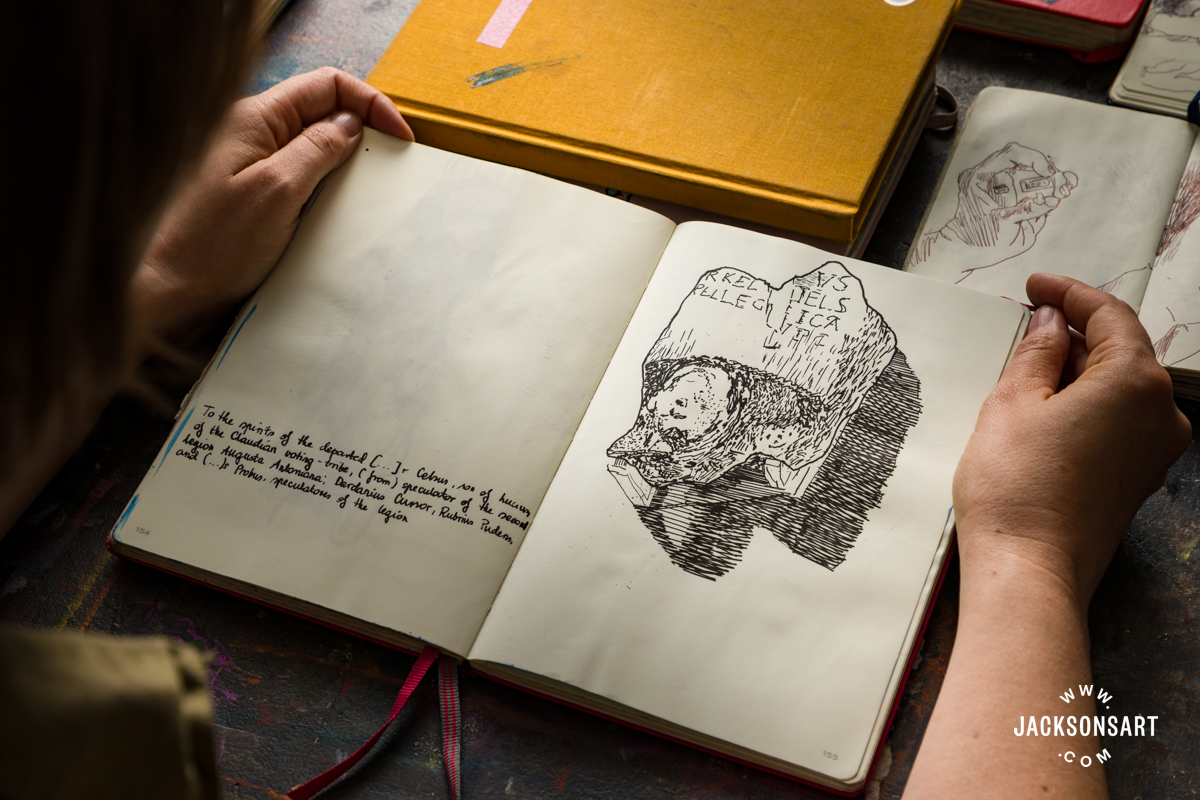
I write a lot. I conduct long arguments with myself, constantly trying to justify my own practice to myself before anyone else. And I find nice words which I think I might display somewhere else, like pretty pebbles or shells.
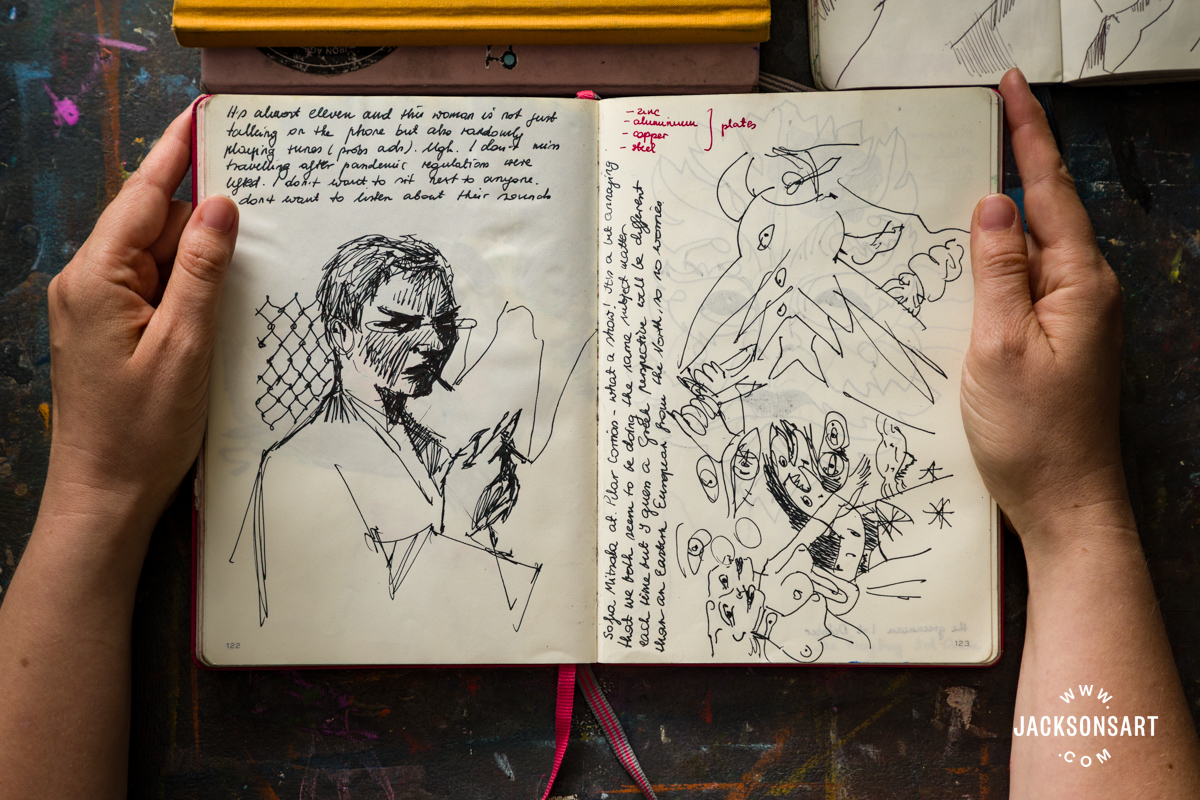
They sometimes feed into titles, statements, or exhibition texts… I’m keeping them in store for something. English is not my first language, so it’s fun to try thinking in this ‘costume’, although I have recently started switching back and forth between English and Polish. I realised with terror that I am losing my native language skills and need to preserve them, much like the dried flowers I glue to gaps between drawings and text.
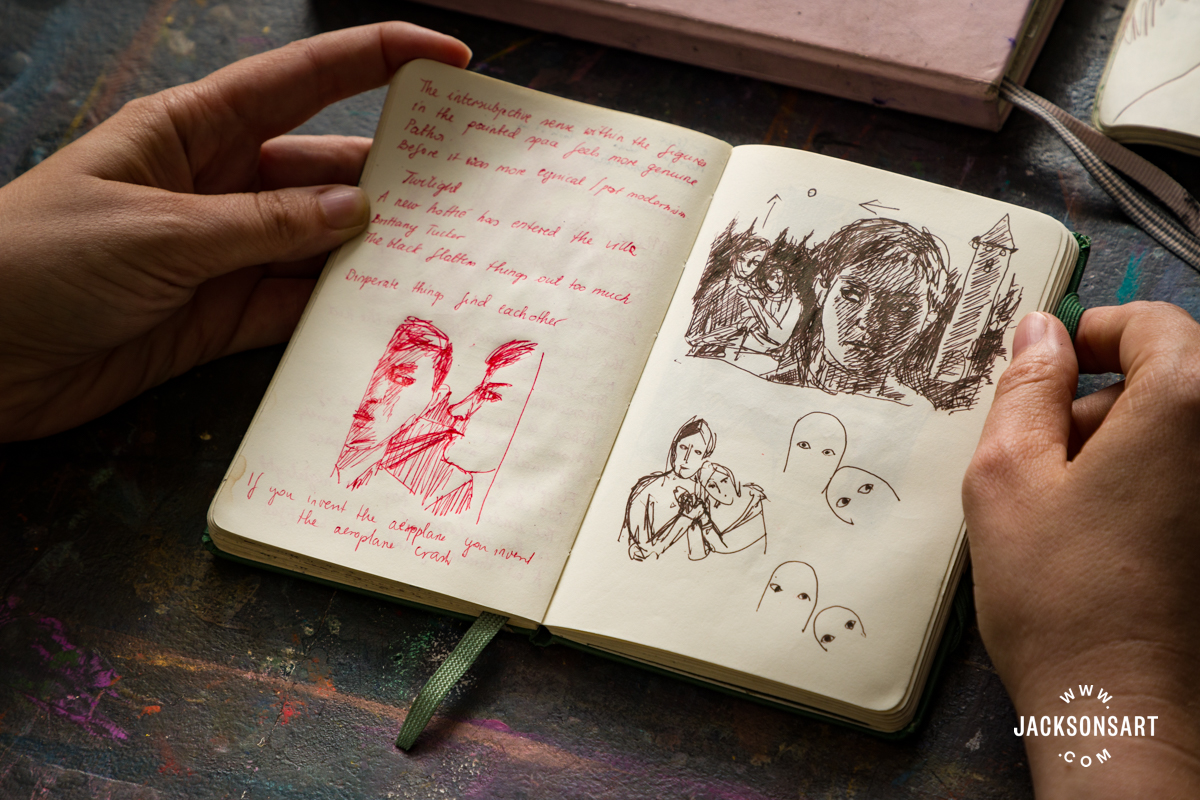
The A6 sketchbook fits neatly into an average trouser pocket. It is my self-imposed and oftentimes futile attempt to avoid using my phone. I take it on museum trips and choose a few paintings to draw from instead of taking photos. I also occasionally go to exhibitions and private views, and take notes – usually when I don’t run into anyone to chat with about the work. It helps me keep track of what I’ve seen and makes me feel a bit less out of place, since even after years of going to private views, I still get imposter syndrome whenever I show up without an entourage.
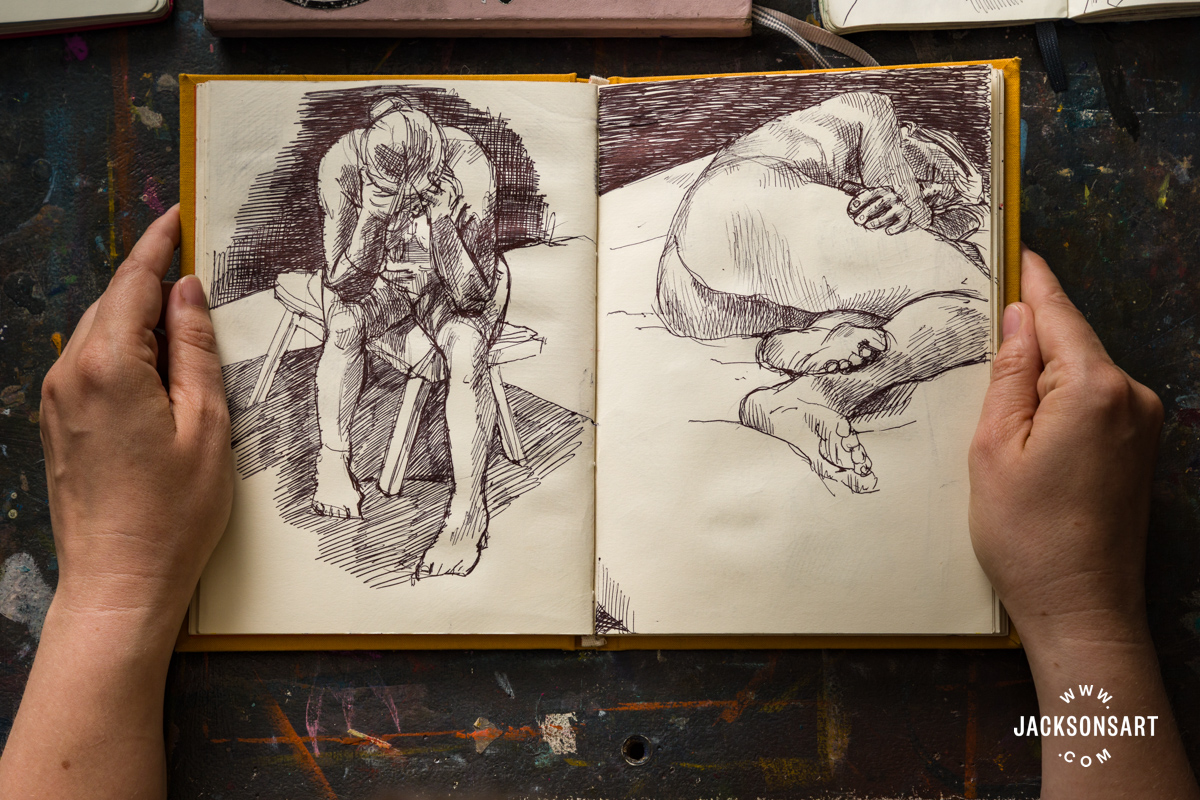
As for the materials I choose, I have long been committed to using watercolour pencils. Albrecht Dürer Artists’ Watercolour Pencils by Faber-Castell are my favourite because I enjoy learning the names of the colours in German while I sketch. I have also been using Caran d’Ache Prismalo Aquarelle pencils. Although I have a very worn-out brush pen that I could use for watercolour effects, I usually allow the pencil to remain undampened.
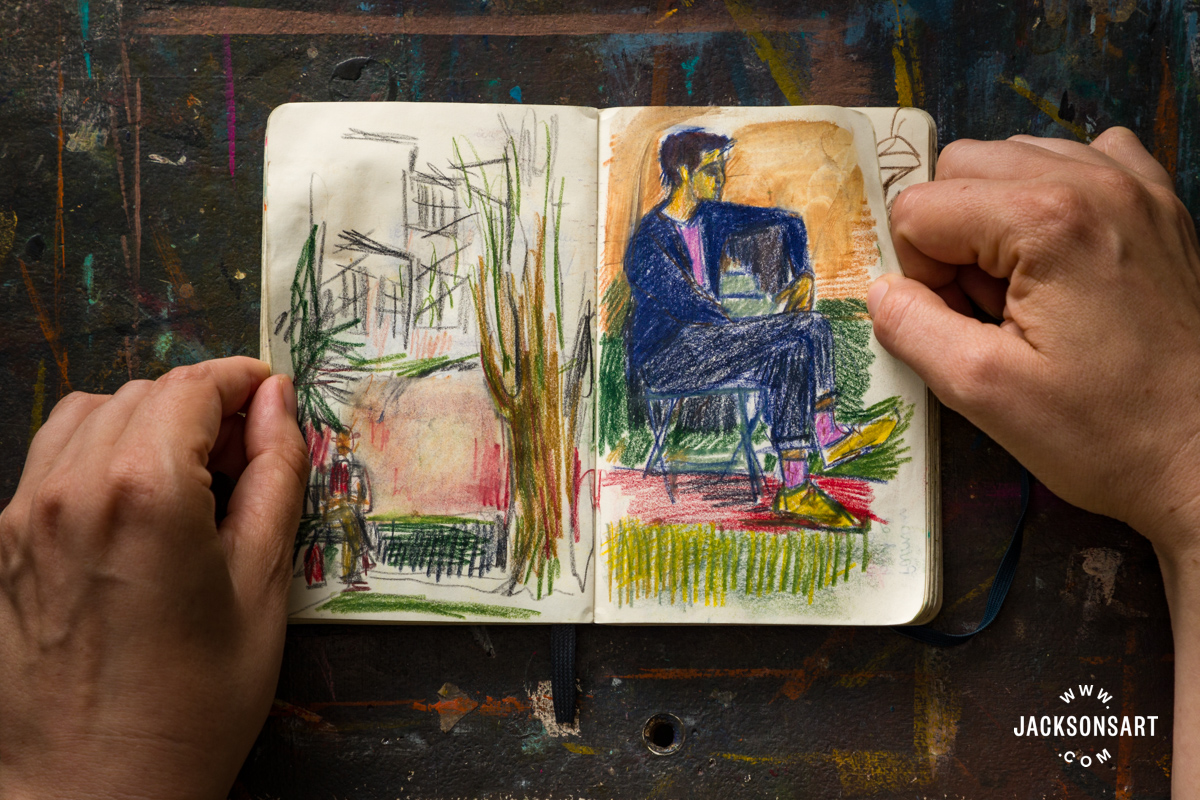
I have also started using biro much more in the last year, especially for drawing on the road, because I like how versatile it is. I get quite passionate about a particularly good black biro, although I find the cheaper ones suit me more than fancier ones. I don’t mind having to overlay potential drawing mistakes, but I do carry a few Posca pens in case I need to cover up a particularly glaring blunder.
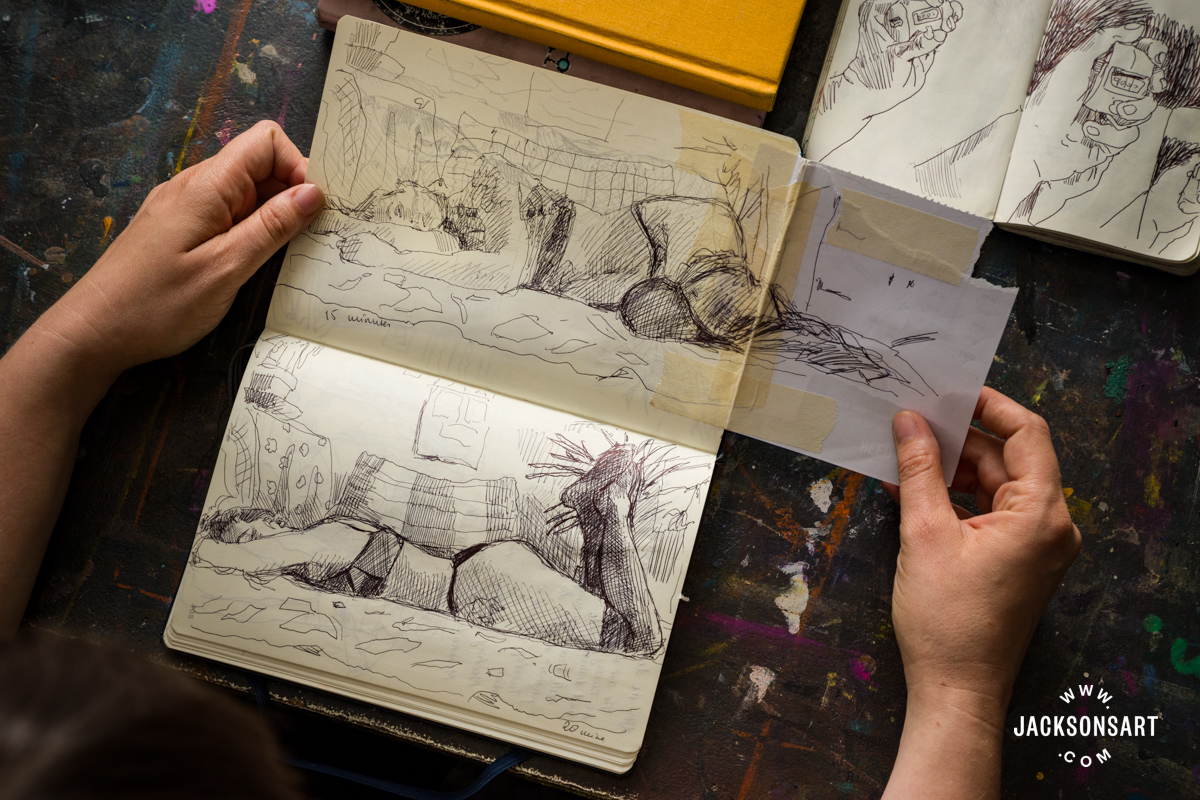
Only a part of each of my sketchbooks is filled with sketching. On most days, my sketchbook is more of a scrapbook or diary. When I do draw, it is usually from films or paintings. When I work on a larger format, I make more schematic drawings, working out the composition or the intrigue. I make up the agenda, or backstory, to the ‘final piece’ in the sketchbook. I also revisit finished pieces when something about them keeps me up at night.
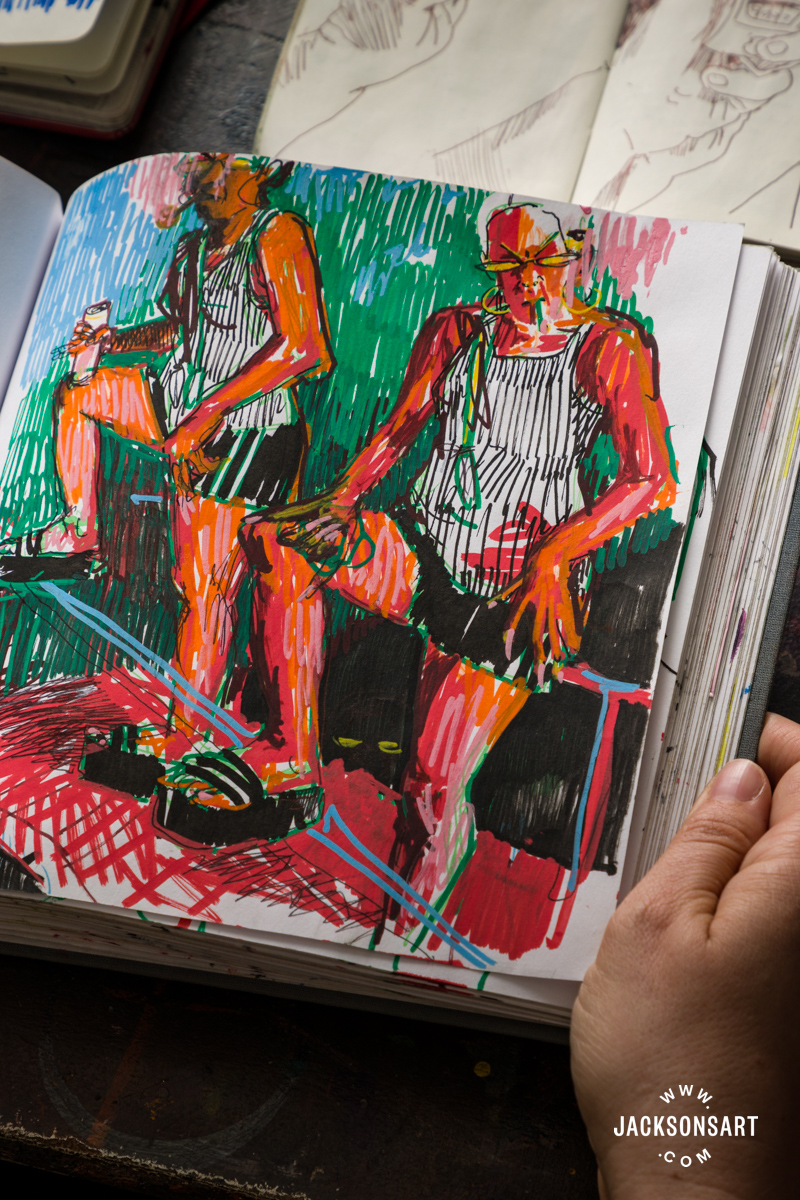
Preliminary drawings are something I rarely do, but I often find ideas in other people’s work, and that helps me fix and readjust myself when I get stuck on something. If a painting isn’t working or doesn’t cooperate, there’s usually a work by Rubens, Van Dyck, or Munch that swoops in and helps me. Or a particularly tasty frame from a film. Because of my newly acquired love for biros, I have been enjoying black and white films more recently and I get really excited by films from the 50s, especially Eastern European ones. I love films by Polish directors, Andrzej Wajda and Wojciech Has, who had both studied painting before becoming film directors, but kept a painterly sensitivity in their compositions.
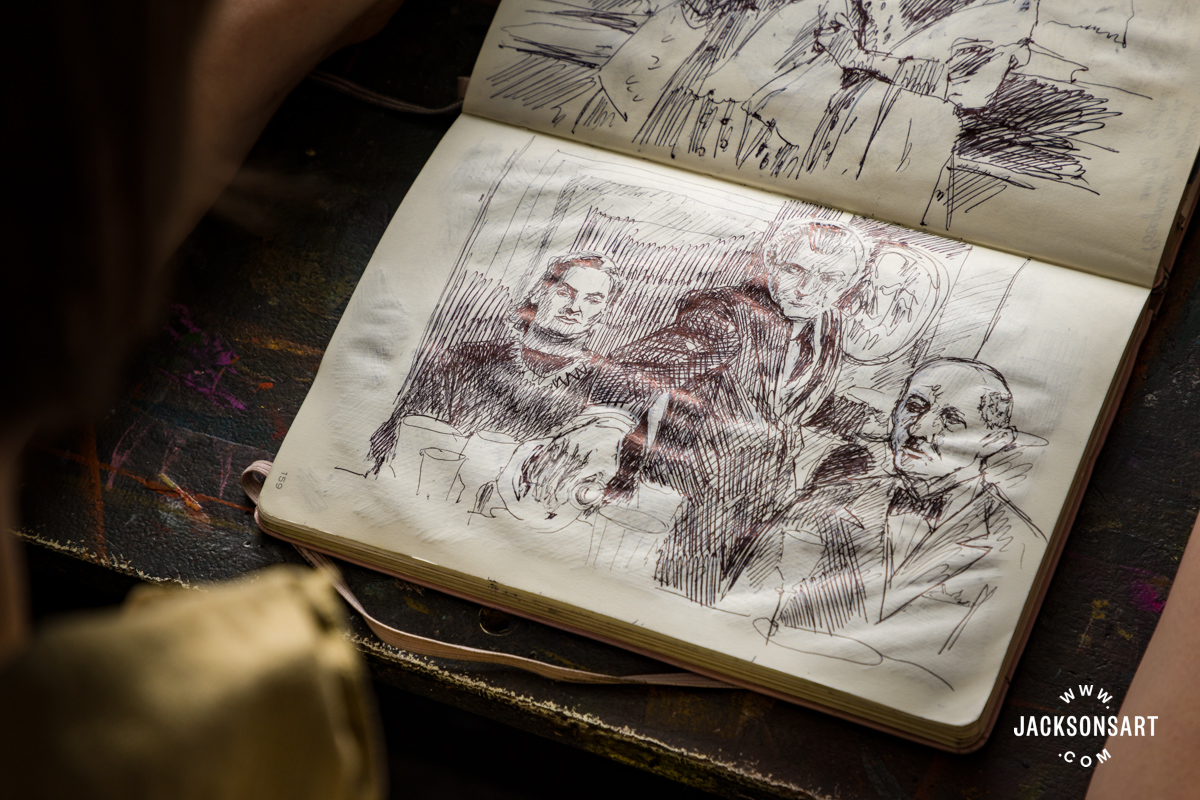
I also travel on trains as much as possible and like drawing the semi-industrial landscapes around junctions and small stations. A few years ago, I travelled from the Polish coast to Wroclaw in the South of Poland and drew the early April landscape, full of piles of coal and evenly planted conifers. I think these sights make their way into my dreams and end up in my paintings that way. The vast, flat landscape is one of my recurring characters.
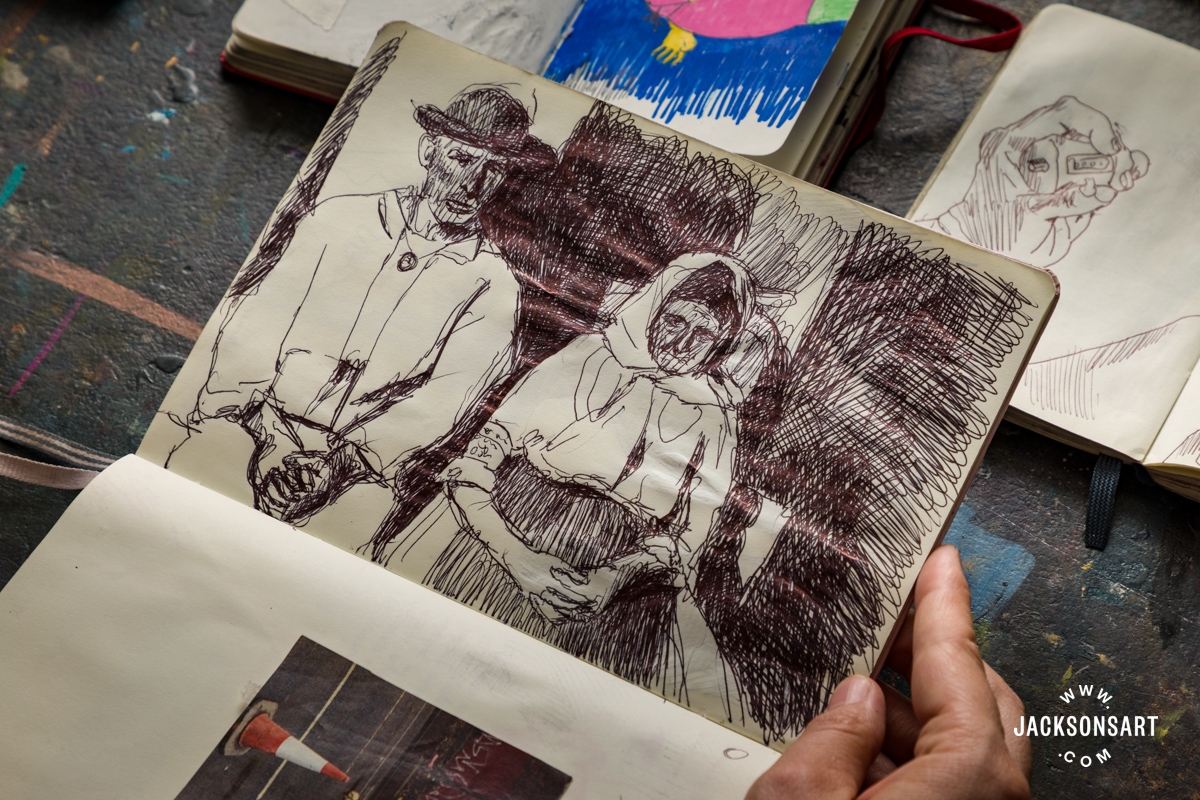
What I like about working in a book, as opposed to canvas or paper sheets, is that I can play more and pick and choose things that don’t necessarily fit with what I want to show people. It’s an intimate setting where I am still not completely at ease with myself, but I also don’t have to worry about external validation.
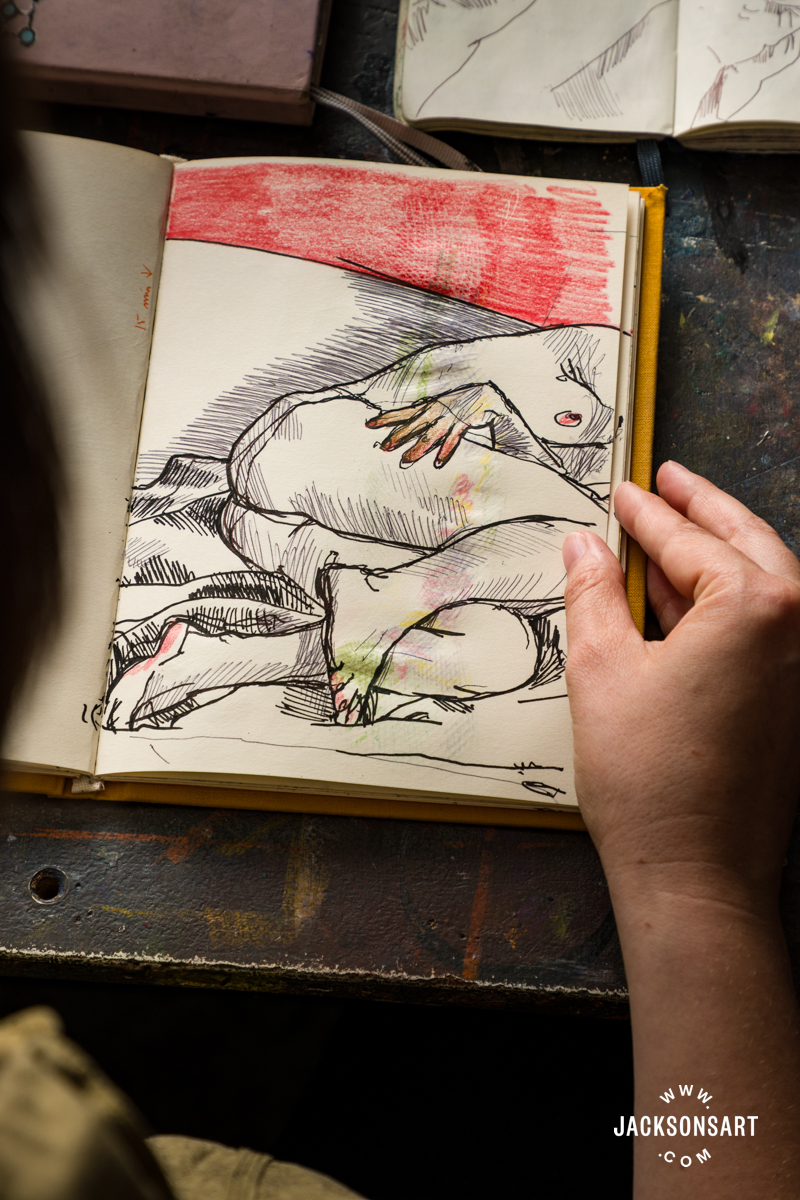
It is funny, considering how often I had to share my sketchbooks with tutors or curators in the past. In my vanity, I also imagine that one day someone will find all of my books, which I preserve and label, and they will think I was not completely boring. I put all sorts of things in these books, but once they are finished, I do treat them with some reverence. They are kept neatly stored in my studio, and I go back to old books from time to time.
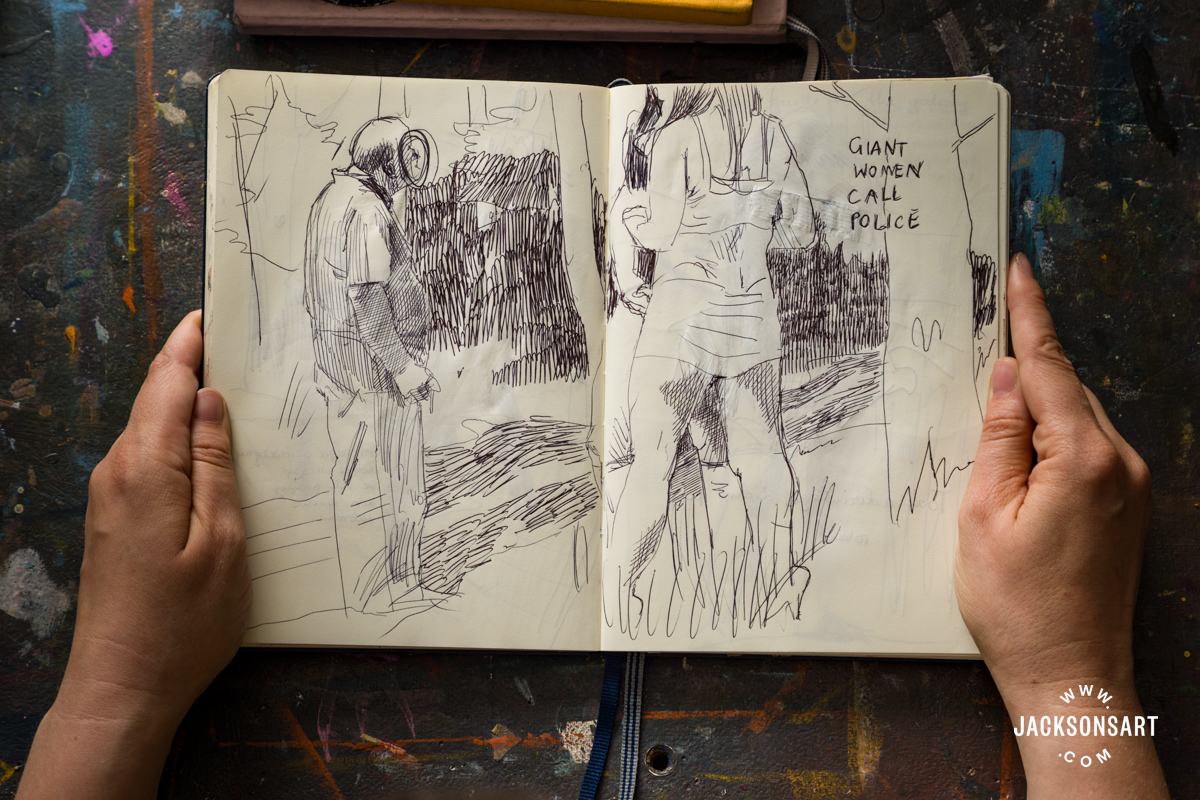
Keeping a sketchbook has been a huge help to me in my artistic development. It helps me keep track of my mind, store and expand ideas, experiment and transform. I know not every artist needs a sketchbook, but I would recommend trying one out without expecting anything in particular. Keeping it fun while also being sincere and open about what you like, what you want things to look like and sound like. Not everything that happens in the sketchbook needs to make it out of it and into the BIG world, but for me, keeping an open book helps with keeping an open mind.
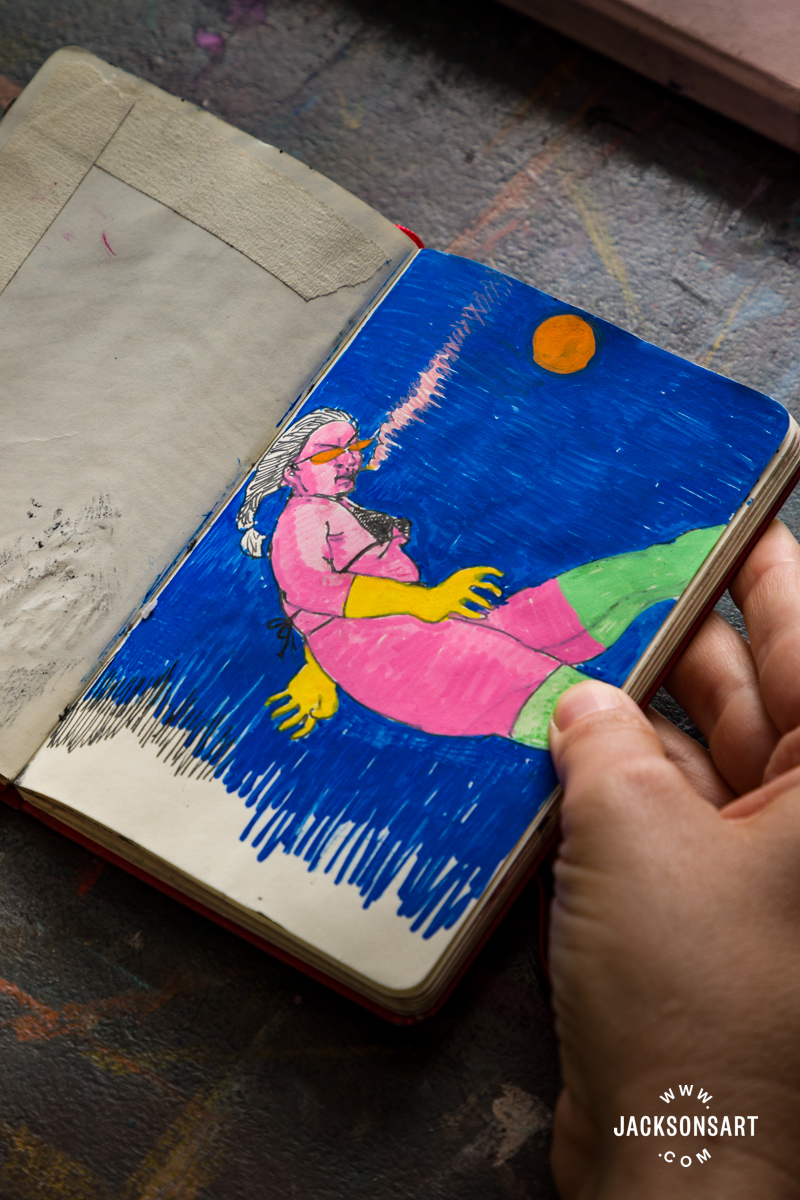
Materials
Leuchtturm1917 Hardcover Sketchbook (A5)
Moleskine Classic Notebook, Hardcover, Pocket 9 x 14 cm
BIC Cristal Ballpoint Pens
Caran d’Ache Prismalo Watercolour Pencils
Faber-Castell Albrecht Dürer Watercolour Pencils
Holbein Artists’ Coloured Pencils
Uni Posca Paint Markers, PCF-350 and PC-3m especially
Kuretake Gansai Tambi Watercolour Sets
Kremer Acrylic Dispersion K-498
Kremer Pigments for acrylic mediums
Liquitex Professional Acrylic Gouache
Pentel Watercolour Pastels
Run down brushes that I never throw away.
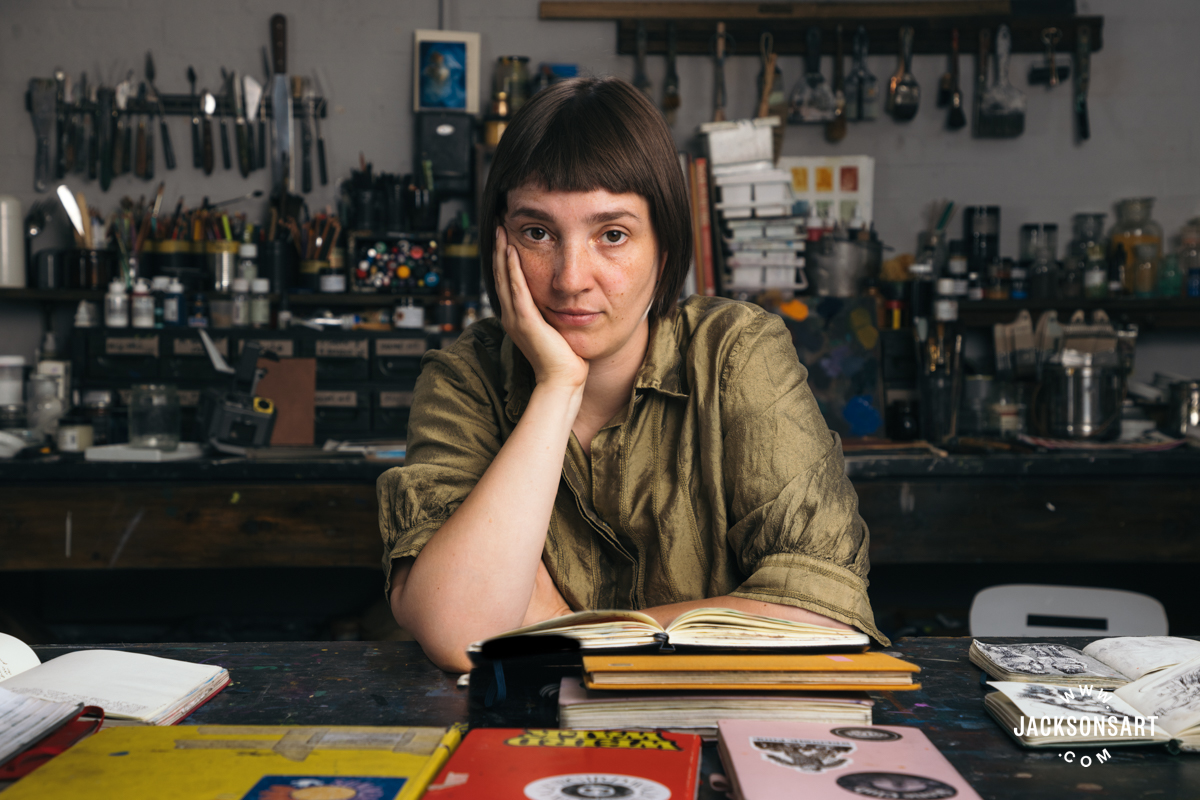
About Noemi Conan
Noemi Conan was born in Warsaw, Poland, and is currently based in London. She holds a BA (Hons) in Painting and Printmaking from the Glasgow School of Art, and has since completed the Royal Drawing School Drawing Year (2021–2022) and the Turps Studio Programme (2022–2024). She is currently pursuing an MFA at the Slade School of Fine Art, due to graduate in 2026.
Conan’s work has been exhibited both in the UK and internationally, and is held in the collections of Soho House London, Glasgow School of Art, and the Urban Nation Museum in Berlin. She was selected for Bloomberg New Contemporaries in 2021 and has been featured in the John Moores Painting Prize (2020 and 2023), the Royal Academy Summer Exhibition (2021), and the Royal Scottish Academy Annual Exhibition. She is represented by Traits Libres Gallery and Christine Park Gallery.
Further Reading
Pigment Colour Index: Green Pigments
Brush Pens: The Definitive Guide
Holbein Artists’ Coloured Pencils and Meltz Pencil Blender
Frottage Drawing Techniques with Found Surfaces and Materials
Shop Sketchbooks on jacksonsart.com
The post Inside the Sketchbook of Noemi Conan appeared first on Jackson's Art Blog.
Trending Products
